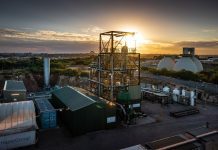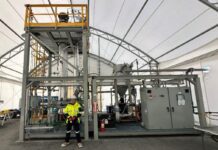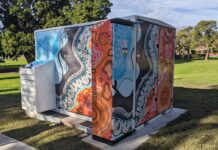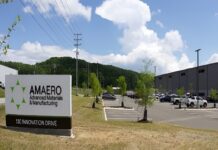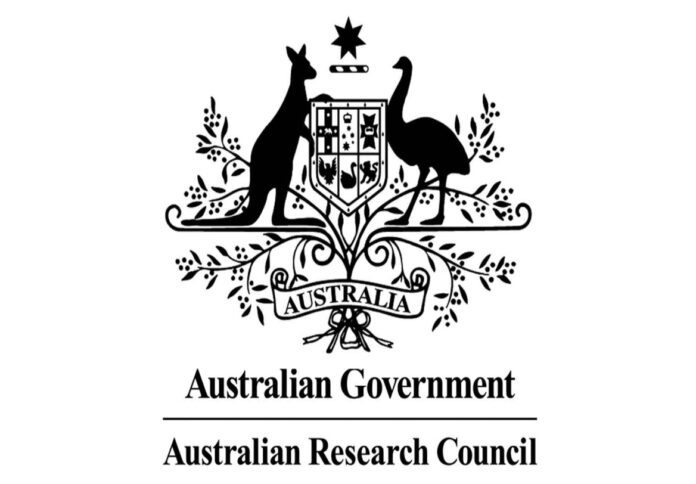
Dr Shervin Kabiri, a Mortlock fellow at the School of Agriculture at the University of Adelaide, has been awarded $400,000 as part of the Australian Research Council’s Discovery Early Career Research Award scheme to examine the impact of perfluorinated chemicals (PFAS).
In particular, Dr Kabiri will use the funding to study how PFAS, such as those found in some cleaning products and non-stick cookware, damage human and environmental health, the university said in a news release.
Her study will also provide new insights into the sorbent behaviour of PFAS compounds in soils, as well as the creation of site-specific remediation solutions that industry and government agencies may use.
“The University of Adelaide leads globally transformative research that overcomes complexity, drives change, and creates value for a more sustainable future,” said Deputy Vice-Chancellor (Research) Professor Anton Middelberg.
Prof Middelberg emphasised that the support from the Australian Research Council demonstrates the university’s commitment to providing opportunities for early-career researchers to have an influence on the most difficult problems confronting the world.
The university received grants totalling more than $4 million over three years, with additional projects affecting the production of green fuels, the reduction of carbon emissions, and the advancement of battery technology and renewable energy storage.
Other research will dive into the acquisition of resources, the monitoring of water assets, communication technologies, and advancements in object-tracking in video monitoring.
Among the University of Adelaide award recipients, Dr Xiaowan Bai was awarded $350,237 to investigate ways of converting carbon dioxide to high value-added fuels and chemicals.
Dr Daniel Headland received $446,700 to research the use of terahertz waves in practical applications including non-intrusive standoff sensing and self-aligning wireless networks.
A total of $439,237 was given to Dr Haobo Li to develop highly active, precisely selective, and sufficiently stable carbon dioxide electroreduction catalysts based on advanced ionic compound materials.
Dr Huan Li was given $432,237 to develop aluminium-sulfur battery technology with effective electrode materials and low-cost electrolytes capable of storing large amounts of energy.
Furthermore, Dr Jacob Mulder received $361,000 to investigate the idea that metals can be transported from new mineral occurrences in sedimentary basins by low-temperature fluids.
Dr Jack Valmadre was given $366,000 to examine how new paradigms for algorithm design might improve object tracking in computer vision.
Meanwhile, Dr Wei Zeng was awarded $388,673 to improve detection of cracks in water networks by exploiting unused underground optical fibre cables.
Dr Shilin Zhang received $473,847 to create liquid sodium-potassium alloy room-temperature batteries in order to address safety concerns associated with the common solid metal anodes used in battery technology.
Lastly, Dr Huayang Zhang was given $421,117 to create a photoelectrochemical cell for photoelectric conversion and green hydrogen synthesis utilising solar sunlight as the only energy input.



